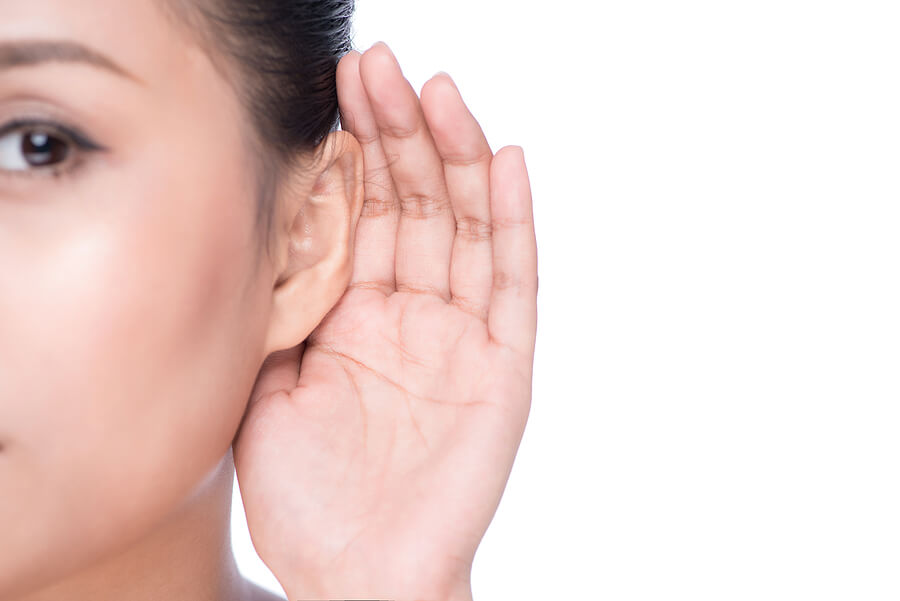Hearing Loss

Types of Hearing Loss
Hearing loss and deafness are the result of sound signals that fail to reach the brain due to a hearing system issue. Based on where the issue is, there are two main types of hearing loss:
Damage to the hair cells inside the inner ear or damage to the hearing nerve (or both) causes sensorineural hearing loss. This affects your hearing ability and reduces the sound quality you hear. It cannot be cured.
Conductive hearing loss occurs when sounds, often due to an obstruction such as ear wax, cannot move from your outer ear to your inner ear. Sounds get quieter and muted at times. This loss of hearing may be temporary or permanent.
It's also possible to have both types – this is known as mixed hearing loss.

Main Causes of Sensorineural Hearing Loss
By far the most common type of hearing loss is sensorineural. Here are some of the main ways we get it.
Age-related (presbycusis): We all lose our hearing as we age. It is one of the most prevalent conditions that affect older adults. In fact, 91% of adults with hearing loss are 50 years of age and older.
Noise-induced (NIHL): Hearing loss from the prolonged exposure to recreational and workplace noise leads to severe, nearly 100% preventable damage. It is the second leading form of sensorineural hearing loss. Loud sounds have an effect on the cochlea's tiny hair cells; these sounds will cause cell death if they are severe. Avoiding exposure to noise stops further damage development.

Hearing Loss Can Be Gradual
Hearing starts to degrade from the mid-thirties for most people, and it typically decreases slowly over time, making it difficult to identify. Within the inner ear, the delicate hair-like cells are simply worn out over the years.
When this happens, you don't just go deaf, but hearing slowly becomes more and more difficult, especially speech sounds. Social environments like a café or restaurant can be even more difficult as background noises make hearing more challenging.

Signs of Hearing Loss
- You need the TV or radio volume louder than others.
- It's hard to hear what the person is saying on the other end of the phone.
- You must ask people repeat what they said.
- It's difficult to understand the person you're talking to when you're in a bar or restaurant.
- You've begun to avoid places in which you can't hear correctly.

Effects of Hearing Loss
Hearing loss can affect a person in three main ways:
Due to impaired communication, education and employment opportunities will be harder to come by. Based on a survey by the Better Hearing Institute, hearing loss has an average detrimental effect on household income of up to $12,000 per year. However, the use of hearing aids minimizes this loss by up to 50%.
Many people face social isolation because it is more difficult to communicate with others. This leads to mental health problems caused by a drop in self-esteem and self-confidence.
Minor to moderate untreated hearing losses are associated with cognitive decline and could be an early indicator of Alzheimer's disease.
Treating Hearing Loss
Whether you're having a business meeting or speaking to family and friends, it's important to hear well. For most people, it's not until their hearing begins to worsen that they realize just how crucial it is. Untreated hearing loss can become a major problem, affecting your relationship with others, community involvement, and even your independence.
If you do have hearing loss, hearing aids can greatly improve your everyday life. Digital hearing aids today function better than ever before and look discreet. Some of them are so tiny that people won’t even know you're wearing them.
